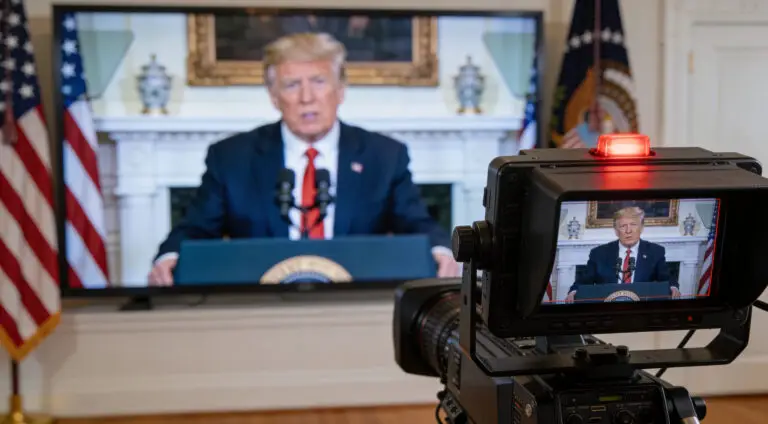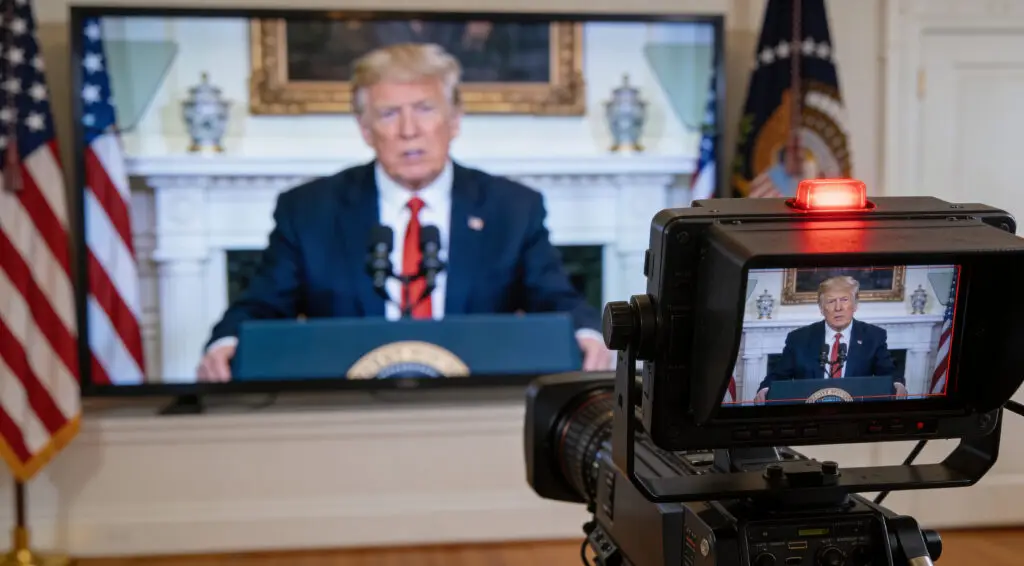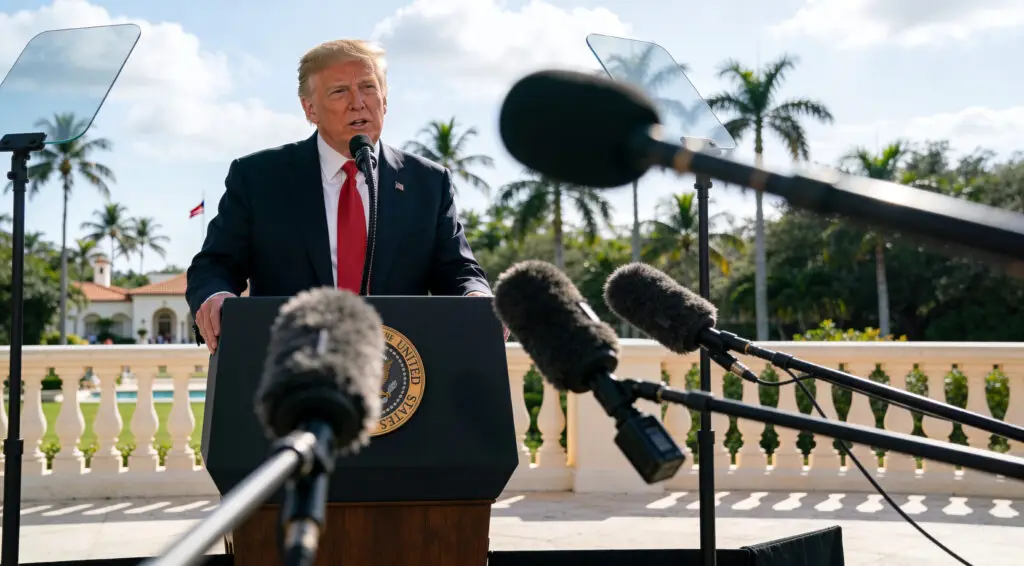Karnataka, the southern Indian state home to the tech metropolis of Bengaluru, is drawing sharp criticism from digital rights advocates and legal experts over a proposed bill that seeks to impose prison terms of up to seven years for spreading “fake news” and other online misinformation.
Titled the Karnataka Mis-Information and Fake News (Prohibition) Bill, the 11-page draft introduces some of the country’s strictest state-level provisions yet, targeting online content deemed false, anti-feminist, or promoting superstition. The bill does not clearly define these categories, leaving open questions about how such offences would be interpreted and enforced in practice.
The legislation proposes the creation of special courts and a regulatory committee to oversee implementation, raising fears of selective enforcement, overreach, and censorship.
A Legal Ambiguity With Broad Reach
With nearly one billion internet users and a culturally diverse population, India has long wrestled with the dangers of viral misinformation, particularly during politically sensitive moments like elections. But critics argue that Karnataka’s approach goes too far.
“Misinformation is fairly subjective, and every person who uses the internet is susceptible to falling within the dragnet of this law,” warned Apar Gupta, founder of the Internet Freedom Foundation (IFF), a New Delhi-based digital rights advocacy group. The IFF was the first to make the draft bill public, calling attention to its potentially sweeping implications.
Gupta and other free speech advocates point out that in the absence of clear definitions or safeguards, the bill could criminalise everything from memes to honest mistakes online.
Government Defends Intentions Amid Backlash
In response to the mounting criticism, Priyank Kharge, Karnataka’s Minister for IT, clarified that the state’s goal is not to curtail freedoms but to “address the growing digital information disorder.”
“There is a lot of misinformation on the proposed Misinformation Bill in public,” Kharge said on Friday, emphasising that the government’s intention is to combat fake news “and nothing beyond that.” He also stated that the bill would be released for public consultation before any move towards implementation.
Kharge did not respond to multiple follow-up requests from Reuters for further comment on Monday.
Regulatory Confusion Ahead for Tech Firms
The draft law also poses significant challenges for digital platforms and tech companies operating in India’s Silicon Valley. While India’s federal government already regulates social media and empowers ministries to order takedowns of content deemed problematic, Karnataka’s bill introduces a parallel framework, one that could potentially conflict with national rules.
Aman Taneja, a partner at law and policy consultancy Ikigai, noted that the bill could result in “multiple regulations imposing conflicting obligations,” making compliance increasingly difficult for companies and platforms trying to navigate India’s evolving digital governance landscape.
This complexity is of particular concern in Bengaluru, a hub for both Indian startups and international tech giants such as Google, Amazon, and Meta.
Critics Warn of Criminalising Speech
Editorial voices from the media have also added to the outcry. In an opinion piece titled “A remedy that’s worse than the menace,” the Deccan Herald urged the Karnataka government to scrap the bill’s criminal provisions altogether. The newspaper called the proposed penalties disproportionate and warned they could be wielded to suppress dissent or political criticism under the guise of combating misinformation.
The debate over Karnataka’s bill also highlights broader tensions in India’s digital governance. Over the past few years, the federal government has held talks with major tech companies over their alleged delays in taking down fake news. In 2019, New Delhi established a “Fact Check Unit” to identify and challenge misinformation, though critics say its own definitions of falsehoods can sometimes be politically charged.
A Battle Between Regulation and Rights
As India grapples with the growing threat of AI-generated deepfakes and politically charged disinformation campaigns, few dispute the need for some level of regulation. However, Karnataka’s current proposal without clearer safeguards, definitions, and transparency mechanisms is seen by many as a step too far.
While the bill remains in draft form and subject to public feedback, it has already ignited a national conversation about the balance between combating misinformation and protecting the fundamental right to free expression.
With digital freedoms increasingly under scrutiny worldwide, how India and Karnataka resolve this debate may shape the future of internet governance in one of the world’s largest democracies.














